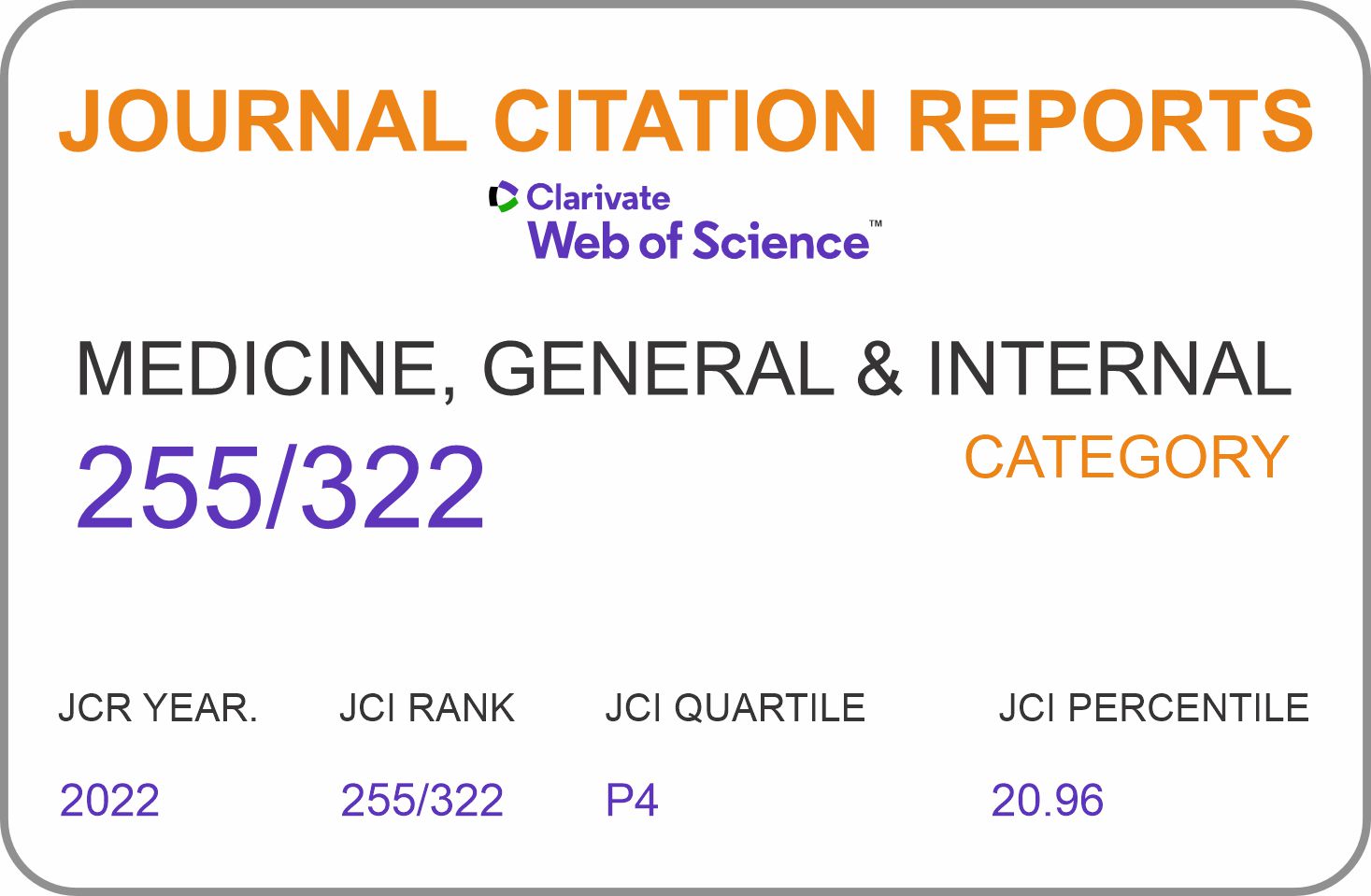Evolution and management of the pediatric multi-systemic inflammatory syndrome associated with SARS CoV-2 infection in a pediatric ICU in Lima, Peru
DOI:
https://doi.org/10.35434/rcmhnaaa.2021.143.1216Keywords:
Covid-19, lymphonodular mucocutaneous syndrome, critical care, child, Therapeutics, PeruAbstract
Background: Pediatric Multisystemic Inflammatory Syndrome (SIMP) associated with SARS CoV2 seriously affects children. Objective: To describe the symptoms, treatment and evolution of SIMP in patients of a reference Pediatric Intensive Care Unit (PICU). Findings: 18 children were identified with a mean age of 8.76 years, 50% male, all with a positive serological test. The most frequent manifestations were: fever (100%), respiratory distress (94%), abdominal pain (89%), elevated C-reactive protein (average 21.8), thrombocytopenia (50%), pathological chest X-ray (89%) and depressed myocardial contractility (61%). 72% required invasive mechanical ventilation (average 3 days) and catecholamines; 89% used corticosteroids plus immunoglobulins. The average stay in the PICU was 5.5 days. One patient died of intracerebral hemorrhage. Conclusions: SIMP in PICU is characterized by fever, respiratory distress, abdominal pain, elevated inflammatory markers, and myocardial depression. Requiring corticosteroids, immunoglobulin and ventilatory support; presenting intermediate stay and low mortality.
Downloads
Metrics
Downloads
Published
How to Cite
Issue
Section
License
Copyright (c) 2021 Liliana Cieza-Yamunaqué, Ricardo Rodríguez-Portilla, Michael Baique-Sánchez, Edgar Coila-Paricahua, Claudia Guerra-Ríos, Patricia Llaque-Quiroz, Isdabel Angélica Pinedo-Torres

This work is licensed under a Creative Commons Attribution 4.0 International License.















